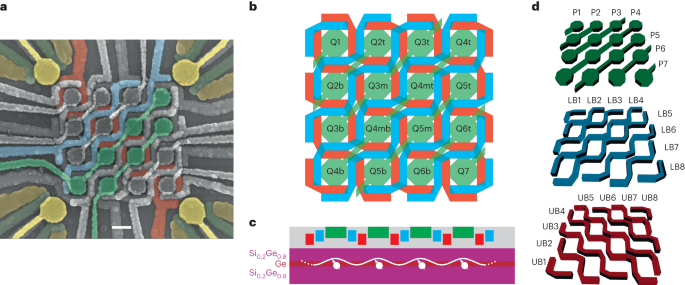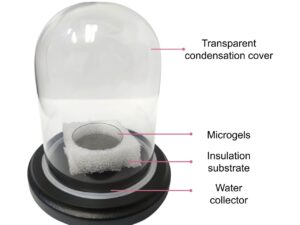2023-09-11 ジョージア工科大学
◆この方法は、既存の証明済みのプロセスを活用し、水処理をより持続可能で環境にやさしいものにすることを目指しています。マイナス・アプローチは、化学薬品への依存を減らすことで、水の安全供給を促進し、環境保護にも貢献します。AIと組み合わせてフィルトレーションの効果を向上させ、汚染物質の検出と予測にも役立つ可能性があります。
<関連情報>
- https://research.gatech.edu/new-water-treatment-approach-helps-avoid-harmful-chemicals
- https://pubs.acs.org/doi/full/10.1021/acs.est.2c09389
マイナス・アプローチは飲料水処理の実践基準を再定義できる The Minus Approach Can Redefine the Standard of Practice of Drinking Water Treatment
Elliot Reid, Thomas Igou, Yangying Zhao, John Crittenden, Ching-Hua Huang, Paul Westerhoff, Bruce Rittmann, Jörg E. Drewes, and Yongsheng Chen
Environmental Science & Technology Published:April 19, 2023
DOI:https://doi.org/10.1021/acs.est.2c09389
Abstract

Chlorine-based disinfection for drinking water treatment (DWT) was one of the 20th century’s great public health achievements, as it substantially reduced the risk of acute microbial waterborne disease. However, today’s chlorinated drinking water is not unambiguously safe; trace levels of regulated and unregulated disinfection byproducts (DBPs), and other known, unknown, and emerging contaminants (KUECs), present chronic risks that make them essential removal targets. Because conventional chemical-based DWT processes do little to remove DBPs or KUECs, alternative approaches are needed to minimize risks by removing DBP precursors and KUECs that are ubiquitous in water supplies. We present the “Minus Approach” as a toolbox of practices and technologies to mitigate KUECs and DBPs without compromising microbiological safety. The Minus Approach reduces problem-causing chemical addition treatment (i.e., the conventional “Plus Approach”) by producing biologically stable water containing pathogens at levels having negligible human health risk and substantially lower concentrations of KUECs and DBPs. Aside from ozonation, the Minus Approach avoids primary chemical-based coagulants, disinfectants, and advanced oxidation processes. The Minus Approach focuses on bank filtration, biofiltration, adsorption, and membranes to biologically and physically remove DBP precursors, KUECs, and pathogens; consequently, water purveyors can use ultraviolet light at key locations in conjunction with smaller dosages of secondary chemical disinfectants to minimize microbial regrowth in distribution systems. We describe how the Minus Approach contrasts with the conventional Plus Approach, integrates with artificial intelligence, and can ultimately improve the sustainability performance of water treatment. Finally, we consider barriers to adoption of the Minus Approach.



